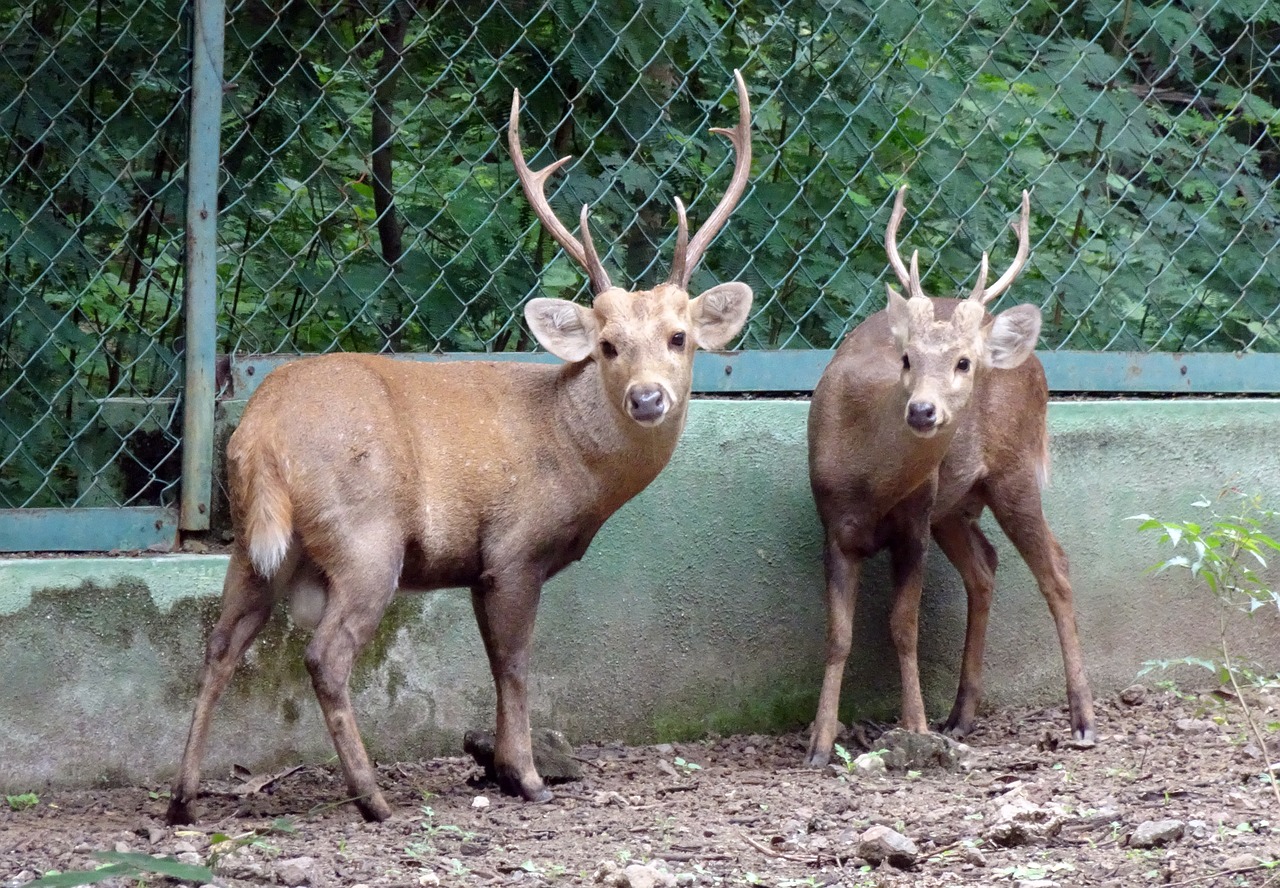
Genetic Study Reveals the Presence of Rare Sub-Species of Hog Deer
- News
- 5.7K
Indian scientists have discovered the presence of a sub-species of hog deer (Axis porcinus annamiticus) in India. This endangered sub-species was earlier believed to be confined to the eastern part of central Thailand.
Researchers at Wildlife Institute of India (WII), Dehradun have reported the presence of a small population of hog deer in Keibul Lamjao National Park (KLNP) in Manipur. The population genetically resembles A. p. annamiticus.
The Keibul Lamjao National is considered as a biodiversity hotspot on India-Myanmar border. This study indicates that the western limit of hog deer is Manipur and not central Thailand as believed so far. Since hog deer is losing its habitat in other countries, the genetically distinct and evolutionarily significant population found in KLNP is significant for the conservation of the species.
“The isolated and low population of wildlife species is always a matter of concern as it affects genetic diversity. Reduced genetic diversity decreases adaptability of various species in changing the environment, “explained Dr. S.K. Gupta, lead researcher, while speaking to India Science Wire.
Two sub-species of hog deer have been reported from its range. The western race is distributed from Pakistan and the Terai grasslands (along with the Himalayan foothills, from Punjab to Arunachal Pradesh), while the eastern race of hog deer is found in Thailand, Indo-China, Laos, Cambodia, and Vietnam.
The hog deer or Pada is an endangered species in the IUCN Red List and is protected under Schedule I of the Indian Wild Life (Protection) Act, 1972. Hog deer have lost ground in most of its distribution range. Presently, its small and fragmented population is known to be found in Cambodia. A small and isolated population of under 250 was reported from Cambodia. However, it was widely distributed throughout the Southeast Asian countries at the beginning of the 20th century.
Apart from Dr. Gupta, Ajit Kumar, Sangeeta Angom, Bhim Singh, Mirza Ghazanfar Ullah Ghazi, Chongpi Tuboi and Syed Ainul Hussain was also involved in the study. This study has been published in research journal Scientific Reports.
This study was based on the grant provided by the Science and Engineering Research Board, Wildlife Institute of India and Ministry of Environment, Forest and Climate Change. (India Science Wire)
Umashankar Mishra
Journal Article
If you liked this article, then please subscribe to our YouTube Channel for the latest Science & Tech news. You can also find us on Twitter & Facebook.


